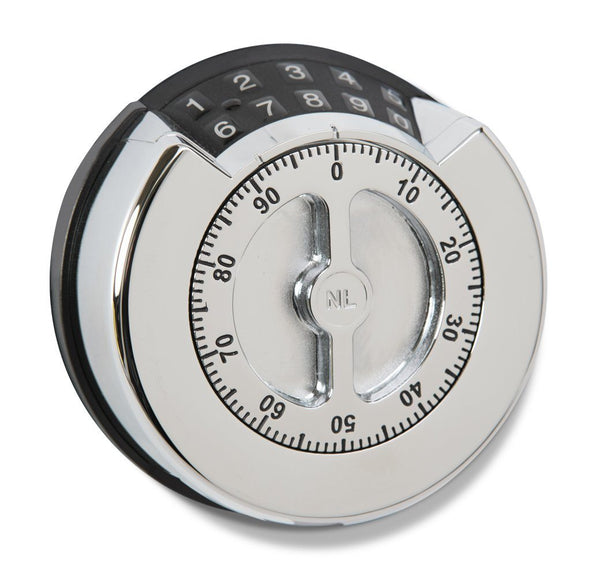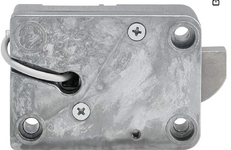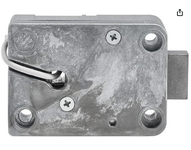Gold Supporter
- Messages
- 1,709
- Reactions
- 3,031
I've always wondered how well those work. Is the mechanical as good as a dedicated manual and the eklctronic as good as a dedicated electronic?You could also get a redundant safe lock-- that means it's mechanical and digital

AMSEC LP Rotobolt Redundant Lock (Dial Combo and Electronic) Retrofit Kit
The LP Rotobolt Redundant Lock features both a dial lock and a digital lock together. This lock is designed for those who are concerned about the digital lock failing as well as those concerned about an EMP blast. The LP Redundant Lock allows the digital lock to be used as the everyday lock to...www.safeandvaultstore.com
I have thought about getting one.













